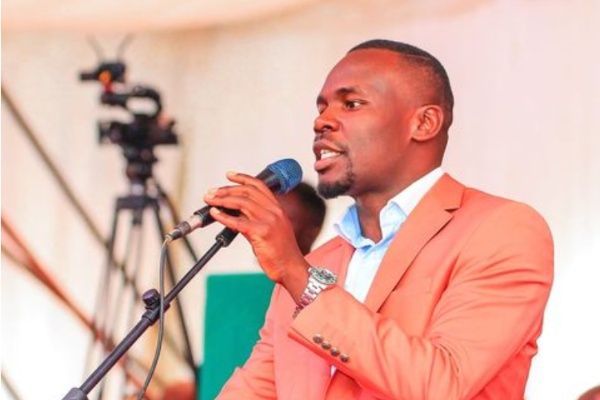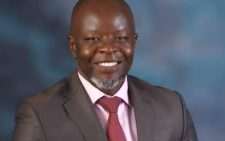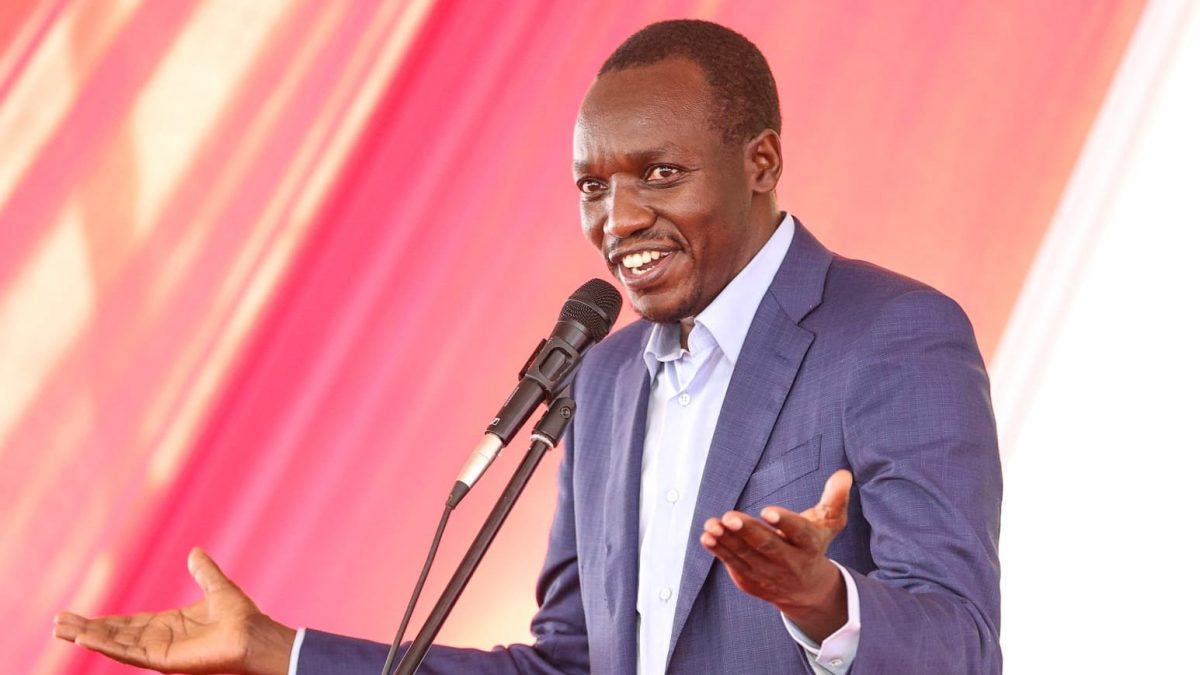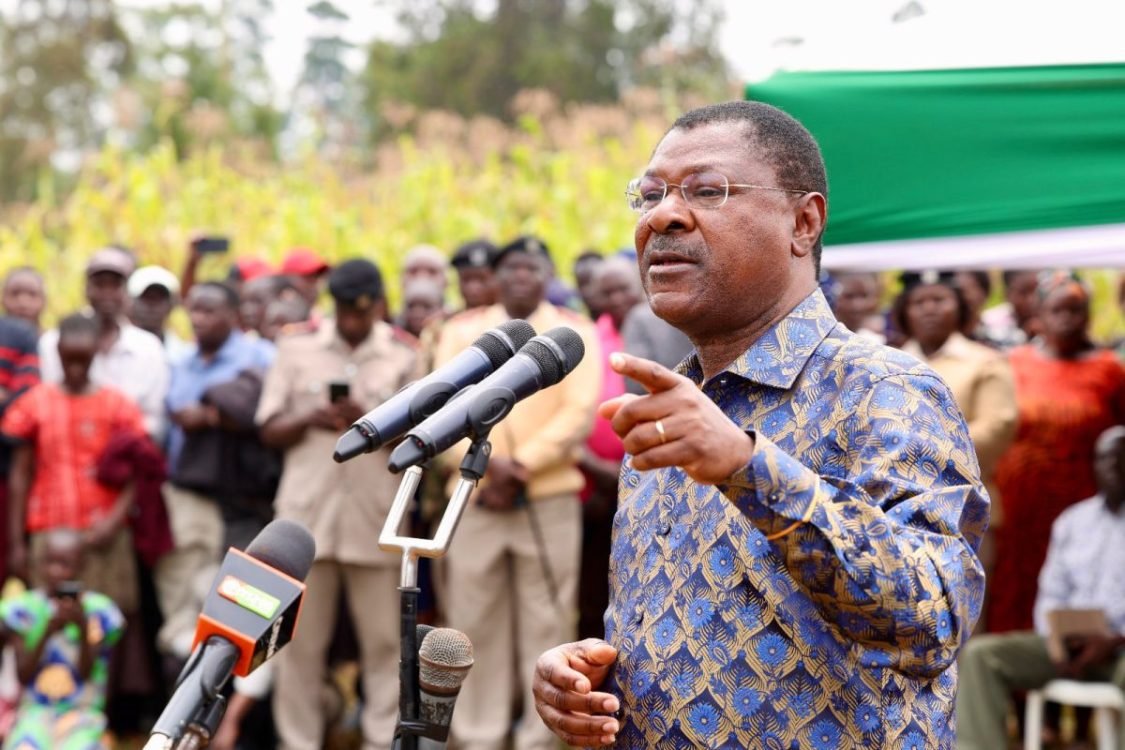Expand social protection to embrace poor, say senators

Senators are calling on the Government to expand its current social security programmes to accommodate the swelling numbers of Kenyans joining the vulnerable group in the wake of coronavirus pandemic.
In addition, the legislators also want the Ministry of Health to simplify its messaging of Covid-19 to increase awareness through posters, info graphs, cartoons or vernacular languages and inclusion of materials in braille that is accessible to persons with disabilities.
Further, they are also pushing for adequate funding for Kenya Broadcasting Corporations (KBC), which is relied upon for education and learning programmes from the Kenya Institute of Curriculum Development (KICD) especially by rural communities.
The recommendations are contained in the eight-progress report by the Senate Ad Hoc Committee on Covid-19 Situation in the country tabled in the Senate yesterday.
The seven-member committee chaired by Nairobi Senator Johnson Sakaja, noted that the number of vulnerable Kenyans in need of cushion was fast-growing, owing to the massive job losses attributed to the contagion.
“In this regard, the Committee recommends the operationalisation of the Social Assistance Authority established under the Social Assistance Act (No.24 of the 2013 of the Laws of Kenya),” the committee said.
The Act allows a person hard-pressed by the tough economic times to apply to the authority for assistance. In this case, the Authority may conduct investigations to verify the person’s eligibility.
Already, the Government is executing a number of social protections aimed at mitigating the masses against the hostile economic effects of the virus.
They include weekly cash transfer programme for select poor households in Nairobi’s slums, monthly stipend to the aged and Kazi Mtaani Initiative, a programme that provides manual jobs to youths in the estates and villages.
However, the measures are a drop in the ocean with the number of those joining the vulnerable bracket growing by the day.
The committee asked the State to use available date on Huduma Number and the 2019 Housing Census to identify the vulnerable Kenyans to provide assistance during this period.
The Sakaja-led committee stressed the need to put in place programs and tools to simplify the Covid-19 message to reach to reach as many people as possible.
Community network
In this regard, the panel has asked the government to use posters, cartoons and or vernacular languages to disseminate information on the virus to the populace.
“There is need to identify community networks such as Nyumba Kumi and the youth to disseminate information about Covid-19 and especially fight stigma surrounding the pandemic,” the report.
They further want the government to bail out the struggling national broadcaster, Kenya Broadcasting Corporation (KBC) to continue assisting in learning and disseminating information especially to the rural populations.
Kenya Broadcasting Corporation (KBC), the senators said, has indicated that it is currently facing challenges in funding due to reduced advertising revenue and inability of digital channels to pay for the similar reasons.
As such, they held, there is need provide funding for KBC which provides learning programmes and access to information on Covid-19.
“The Committee observed that Sh300 million has been allocated in the supplementary budget. Further, the ministry has paid Sh1.8 Billion to broadcasters in the private sector and planned to pay an additional Sh600 million to clear pending bills.” The report notes.
The lawmakers observed that there is need to support ICT innovations from the private sector especially regarding improving COVID-19 response and ensure access to information and better use of ICT.
In addition to, ensuring data protection in the collection, use and storage of health records, tracking and geo-location are but a few examples of how technology is employed in the fight against coronavirus in the country in line with the Constitution and section 25 of the Data Protection Act, 2019.
The Senators further want the county governments to develop strategies to subsidise water service providers to ensure continuous access to water through reduction of tariffs.







